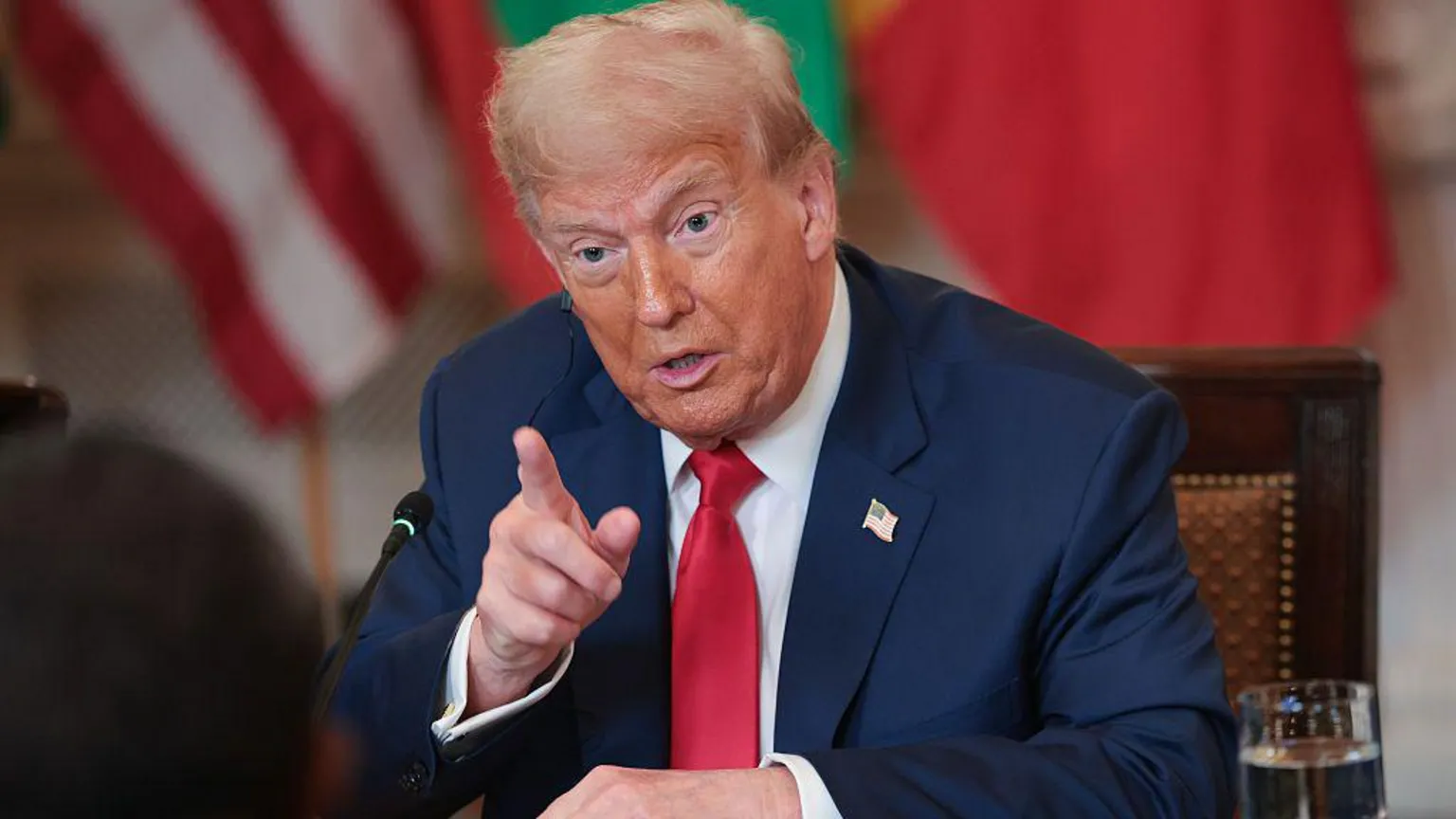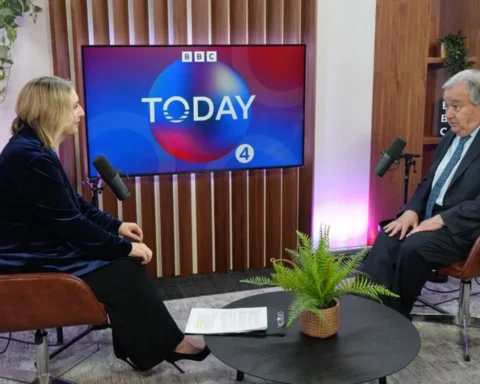The Trump administration has launched a formal investigation into Brazil over what it calls “unfair and discriminatory” trade practices that threaten U.S. economic interests.
The probe, initiated by the Office of the United States Trade Representative (USTR), will examine a wide range of Brazilian government policies — including those affecting digital trade, electronic payment services, tariffs, anti-corruption enforcement, and treatment of U.S. tech companies.
According to the USTR, the inquiry will determine whether these practices are “unreasonable or discriminatory and burden or restrict U.S. commerce,” under Section 301 of the Trade Act of 1974.
This comes just days after President Donald Trump publicly urged Brazilian authorities to halt legal proceedings against former President Jair Bolsonaro, calling the investigations a politically motivated “witch hunt.”
U.S. Trade Representative Jamieson Greer said the probe follows direct orders from President Trump and accused Brazil of targeting American social media companies and offering preferential tariff treatment to other countries at the expense of U.S. businesses.
“I have determined that Brazil’s tariff and non-tariff barriers merit a thorough investigation and, if necessary, a firm response,” Greer stated.
He also pointed to alleged Brazilian efforts to penalize American digital service providers that do not censor political speech, and criticized the country’s weak enforcement of intellectual property rights — which he said harms U.S. workers in innovation-driven sectors.
The investigation was foreshadowed in a letter Trump sent to Brazilian President Luiz Inácio Lula da Silva last week, in which he also announced a 50% tariff on Brazilian imports, set to take effect on August 1. Lula responded by pledging reciprocal tariff increases.
In 2024, bilateral trade between the two nations totaled $90 billion, with the U.S. reporting a $7.4 billion surplus — a 33% increase over the previous year.







